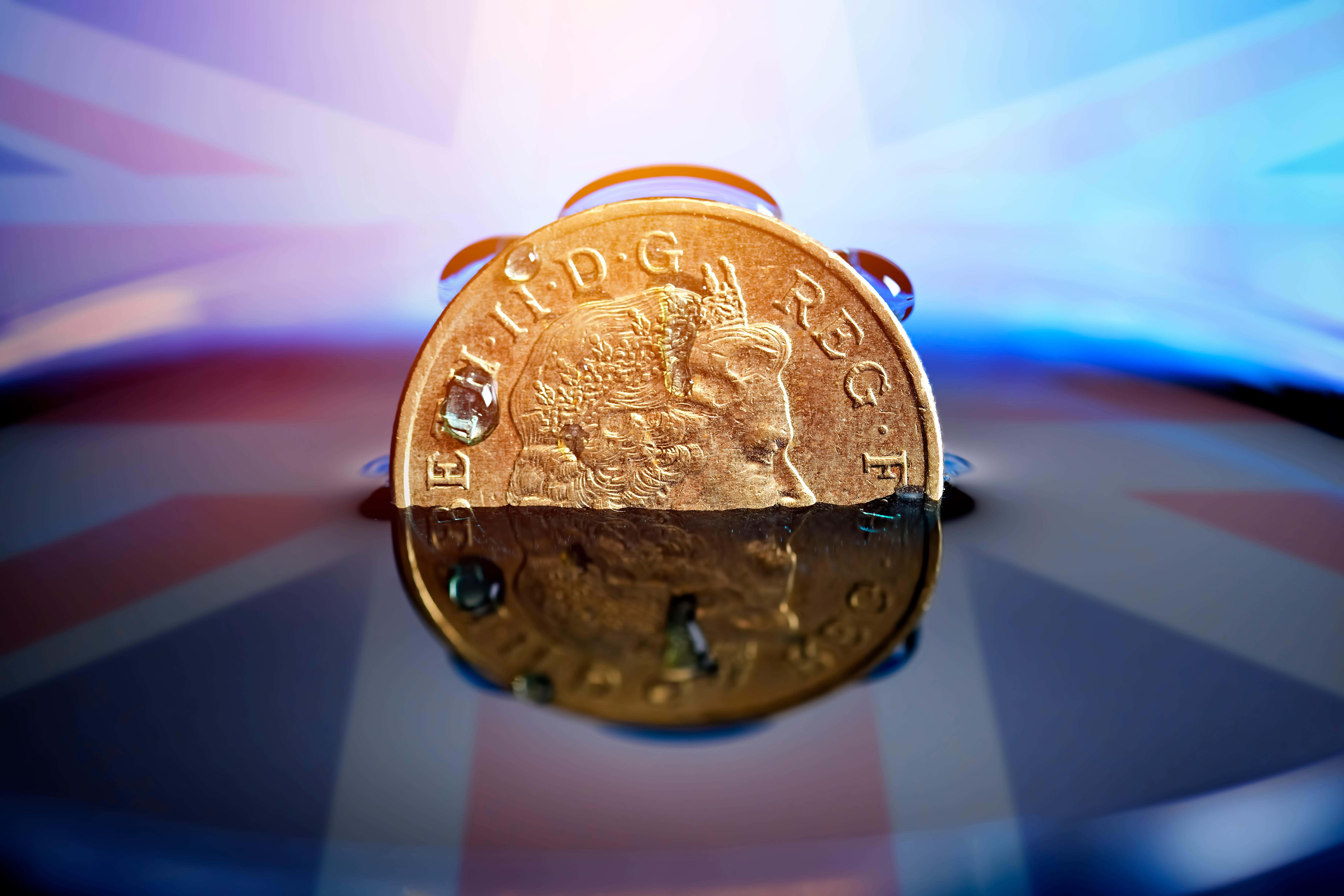The UK’s above only Russia in the OECD’s economic league table – thanks Brexit!
Russia has had sanctions imposed upon it as a result of its war in Ukraine. Britain imposed them upon itself, argues James Moore


The Organisation for Economic Co-operation and Development (OECD) has released its predictions for the next couple of years in the 38-country economic premier league. If you’re interested in a punt, you’d best avoid the UK. The rich-country club thinks this country will be competing with Russia for the wooden spoon.
That’s right, Russia, which is busy invading Ukraine and is subject to unprecedented international sanctions as a result. Its economy is being sustained through flogging discount hydrocarbons to whomever it can find to buy them. Regrettably, there remains a lively market for fossil fuels.
Russia’s war means the world is coping with a “massive energy price shock”.
It is the polluting economic fuel powering the high inflation witnessed across the developed world. Interest rates have been hiked in an attempt to control it, putting the brakes on economies that were just coming out of the Covid-19 pandemic.
But Britain has gone into a hard reverse.
The OECD forecasts a 0.4 per cent contraction next year, a touch worse than Germany (0.3 per cent) although that is not as bad as the Office for Budgetary Responsibility (1.4 per cent decline) has predicted
Russia, meanwhile, is expected to decline by 5.6 per cent. I suppose you could argue that there is bad in that regard – and then there is Russia.
Based on that, here’s the real stringer. Next year (2024) Germany is forecast to bounce back, if you can consider a torpid-looking 1.5 per cent growth bouncing back.
But 1.5 per cent looks like one of that country’s fancy BMWs when compared to an old banger separated from France by a few miles of sea. Per the OECD, the UK is set to deliver growth of 0.2 per cent in 2024 exactly the same as, oh dear, Russia. So in 2024, the UK goes from second-bottom to joint rock bottom.
Now I know, these are only forecasts and forecasting what happens to Russia, in particular, involves a good deal of guesswork. It could do a lot worse. It could do better. It all depends on what Vladimir Putin is thinking. Who knows or dares to dream about what Putin is thinking?
The UK’s path is rather easier to predict because Jeremy Hunt has spelt it out and the chancellor isn’t going anywhere. Nor is Rishi Sunak. The Tories, fractious and truculent as they are, have worked out that changing their leader for the third time in a parliament isn’t going to work out too well for them however much some of them dislike the prime minister (and some of them really dislike the prime minister).
The OECD notes that while the UK isn’t reliant on Russian energy exports, “it imports gas and electricity from the continent during the coldest months”. It continues: “A particularly cold winter could risk supply disruptions, exposing the economy to rolling power cuts.” Yes, they will be watching the weather forecasts, and the long-range forecasts, particularly closely in Whitehall this year.
We know the rest of it. Higher interest rates and fiscal consolidation squeeze growth. The UK is still experiencing a lot of the backwash from Liz Truss and Kwasi Kwarteng’s decision to drive the car straight into a brick wall as part of an ideological crusade.
The OECD, of course, doesn’t express it in those terms. It also only mentions Brexit obliquely. “Further progress in trade deals could also support growth,” it says.
Needless to say, those would not have been necessary had the UK remained in the EU – where it would have been part of the world’s biggest single market in goods and services.
The hard fact is that many of the UK’s problems, explicitly or implicitly identified by the OECD, are the result of the (bad) decisions the government has made. They are the consequences of avoidable mistakes.
Brexit, and the decision to go for the hardest possible version of it, was the biggest mistake of all.
Russia’s economy is in the deep-freeze as a result of its war and the sanctions imposed upon it. Britain under David Cameron embarked on an uncivil war which culminated in Britain imposing sanctions on itself.
The results of those sanctions are all over the OECD’s missive, even if it can’t bring itself to spell them out.






Join our commenting forum
Join thought-provoking conversations, follow other Independent readers and see their replies
Comments